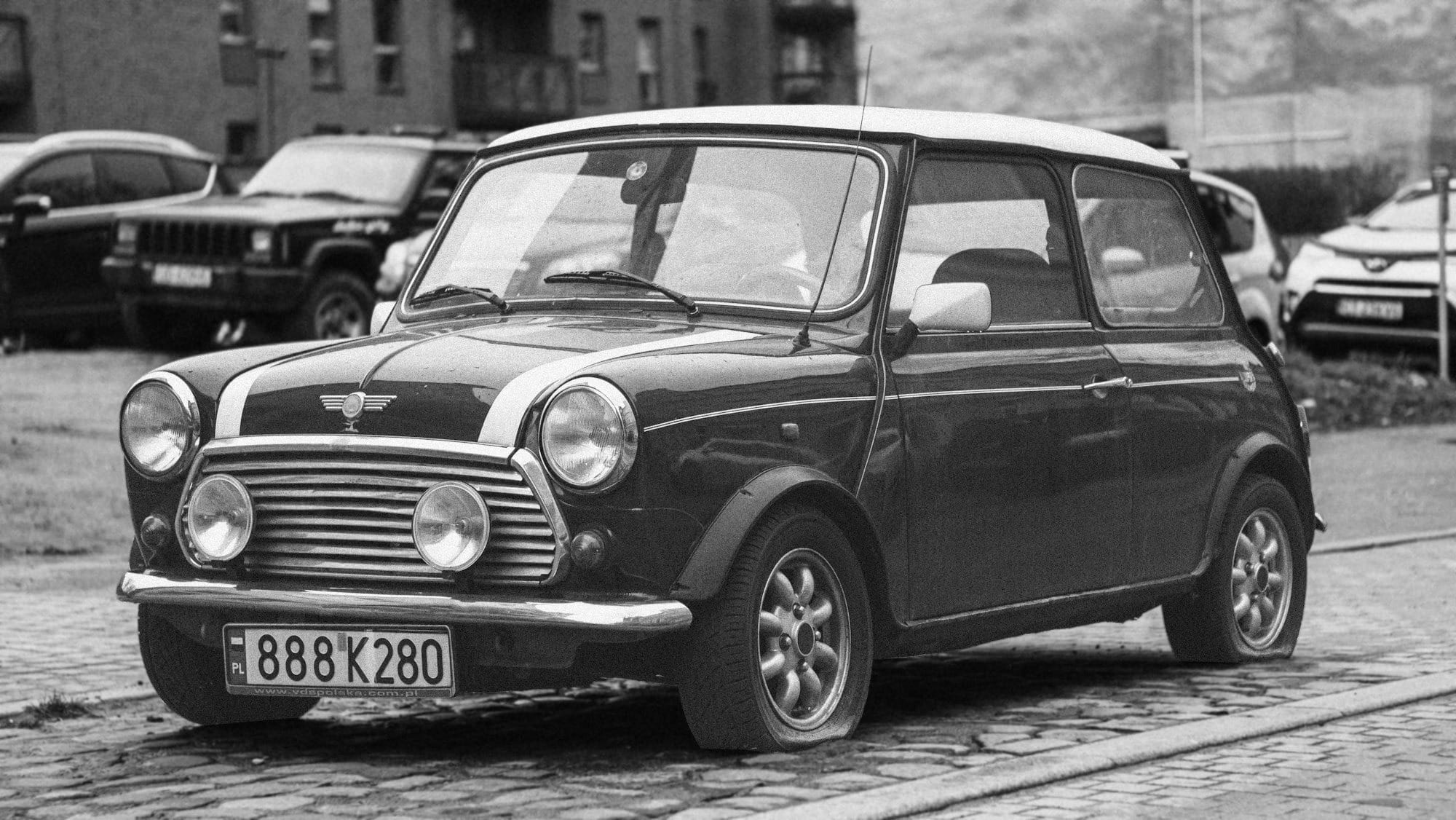That feeling of stuck
...and how to overcome it.

Walking up to your car you notice something that immediately makes your heart sink into a dark hole of despair. Your one tyre is flat and now you are stuck right were you are until you can resolve the problem.
Being stuck feels horrible.
The feeling has lashing of frustration, stirred in with a sprinkling of anger all washed over with growing waves of helplessness and anxiety. Feeling stuck also has other rather-odd physical consequences. You become blind to the apparent options that are available to you and jump to irrational conclusions like...'maybe I should just sell this car now, it's becoming more trouble than what it's worth'...
Feelings of stuck-ness can be brought on by other circumstances too.
You can feel stuck in a job that you are no longer passionate about, in a marriage; in a lifestyle that doesn't fit your values anymore. An organisation can get stuck in its past, history acting as a powerful counterweight and disabling people and ideas that are attempting to move the business forward.
Stuck-ness is very common, but it's not actually something that we discuss or try to understand often enough.
It was the German-American psychologist Kurt Lewin who first captured the concept that organisations are typically subjected to driving forces and restraining forces within their cultures. Progressives who want to create the future and conservatives that want to impose their version of the status quo.
Typically you would assume that for an organisation to progress and overcome this push-and-pull of interests that the best place to intervene would be to give more power to the driving forces of positive change. But in reality what happens when you do this is that the pushback from the restraining forces intensifies even more, the power struggle balances once again and stuck-ness doggedly remains. [Hands up anyone whose experienced this thanks to a typical change management process?]
Counterintuitively a better approach is to rather identify the restraining forces and then select a coherent set of actions to specifically weaken their power. Remove the roadblocks in the path and even a car with a weak engine will make progress forward.
It might seem obvious that all organisations need to constantly be evolving to ensure that they remain relevant in a changing environment, but there are powerful elements within all organisations that get significant benefits from resisting this change. As a part of the strategy process those barriers need to be addressed if the future is to be successfully created.
Stuck-ness eventually kills companies which makes it something that needs a spotlight shone on it and interrogated by those with future aspirations.
Better strategy
The objective ultimately of great strategy is to craft guidance that leverages the strength of an organisation to moving forward together. Weakening the forces that prevent this is key.

